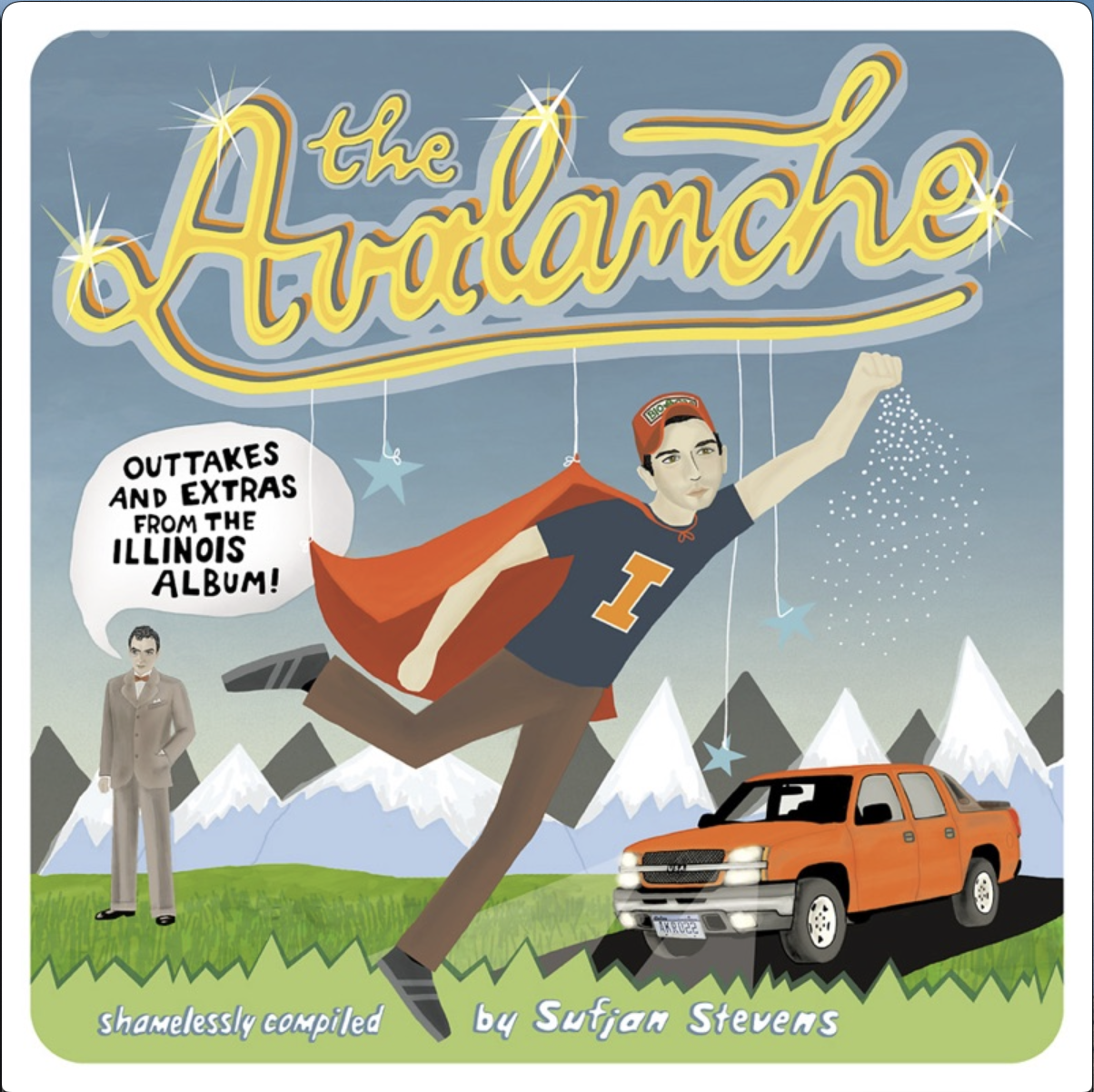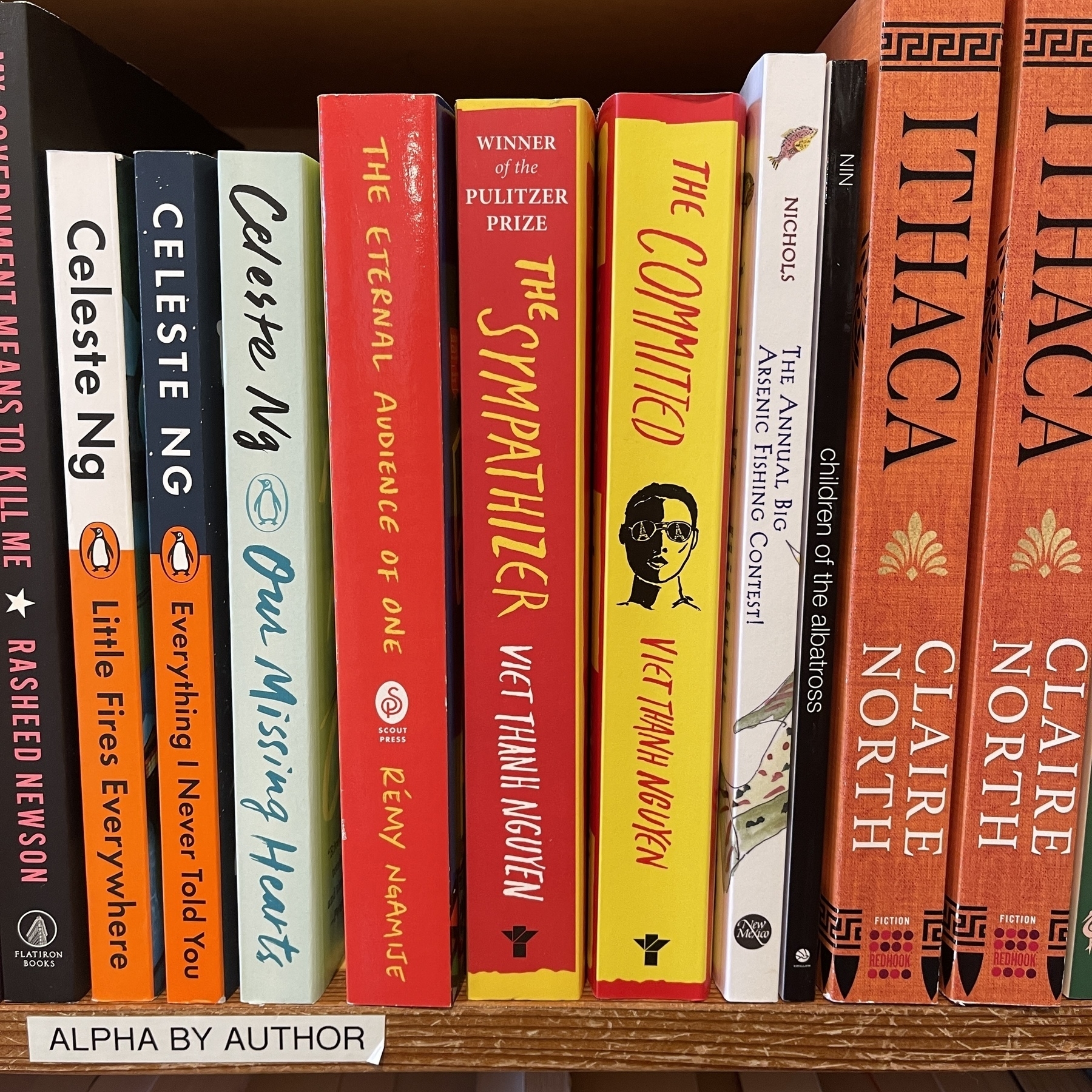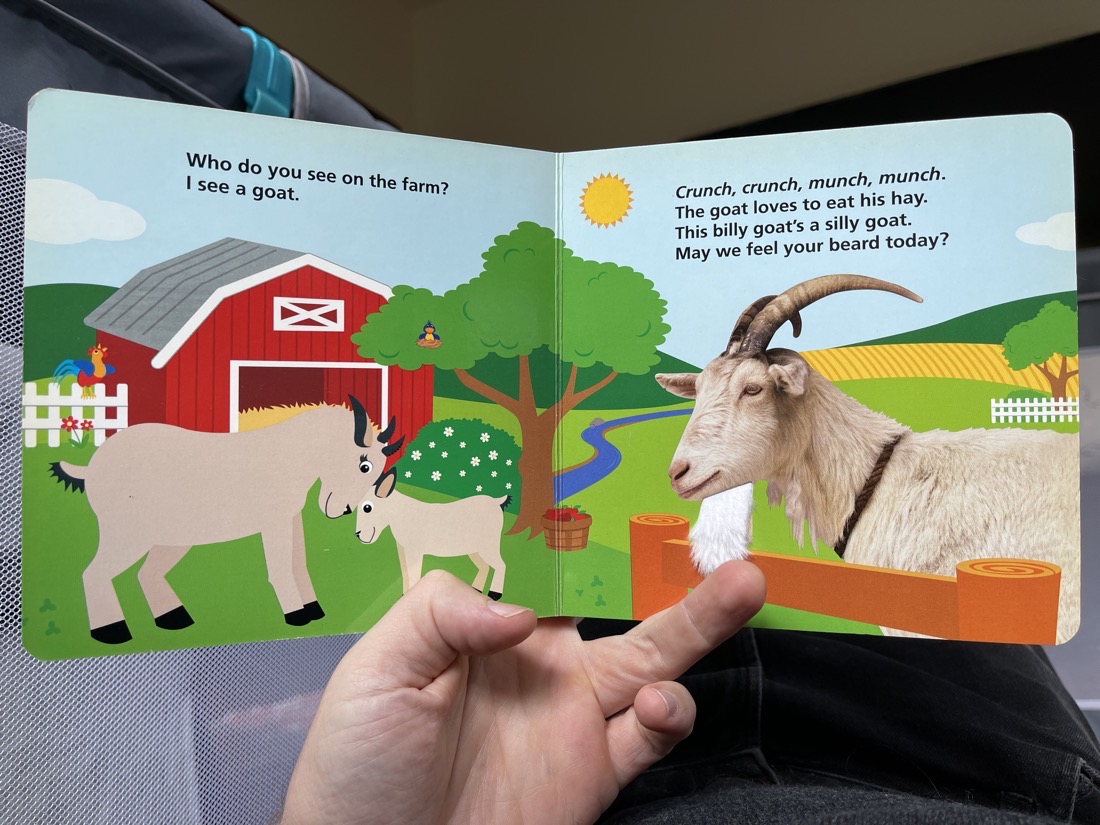Whence the Inarticulate Enthusiasm in Early Apple Headset Users?
Listening to interviews with folks who’ve tried Apple’s new VR headset (like this interview), I note an over-the-top excitement mixed with an inability to make the thing actually sound that exciting. It’s always “It’s a screen without edges” or “You can turn the knob to fade in and out of reality.” Like, I guess that sounds cool, but it’s hard to tell what it will actually mean for me, Jasper, using the thing. Will that be transformatively great? Maybe?
The signal here probably isn’t the words these folks are using to describe the device but just the fact of their overwhelming enthusiasm. That’s what’s most noteworthy.
Perhaps the inarticulateness stems from this: new interfaces are inherently hard to describe. What is most interesting will be what we do inside that paradigm. The payoff for end-users, if and when it arrives, will be in the form of the applications that run in this new operating system, that couldn’t run anywhere else. It’s not Windows 98 that’s exciting, it’s Baldur’s Gate and Photoshop that make it a must-have.
For me so far, the thing I’m most excited about, to be honest, is the chance to watch NBA games from a highly-immersive courtside seat. Heck yeah!








